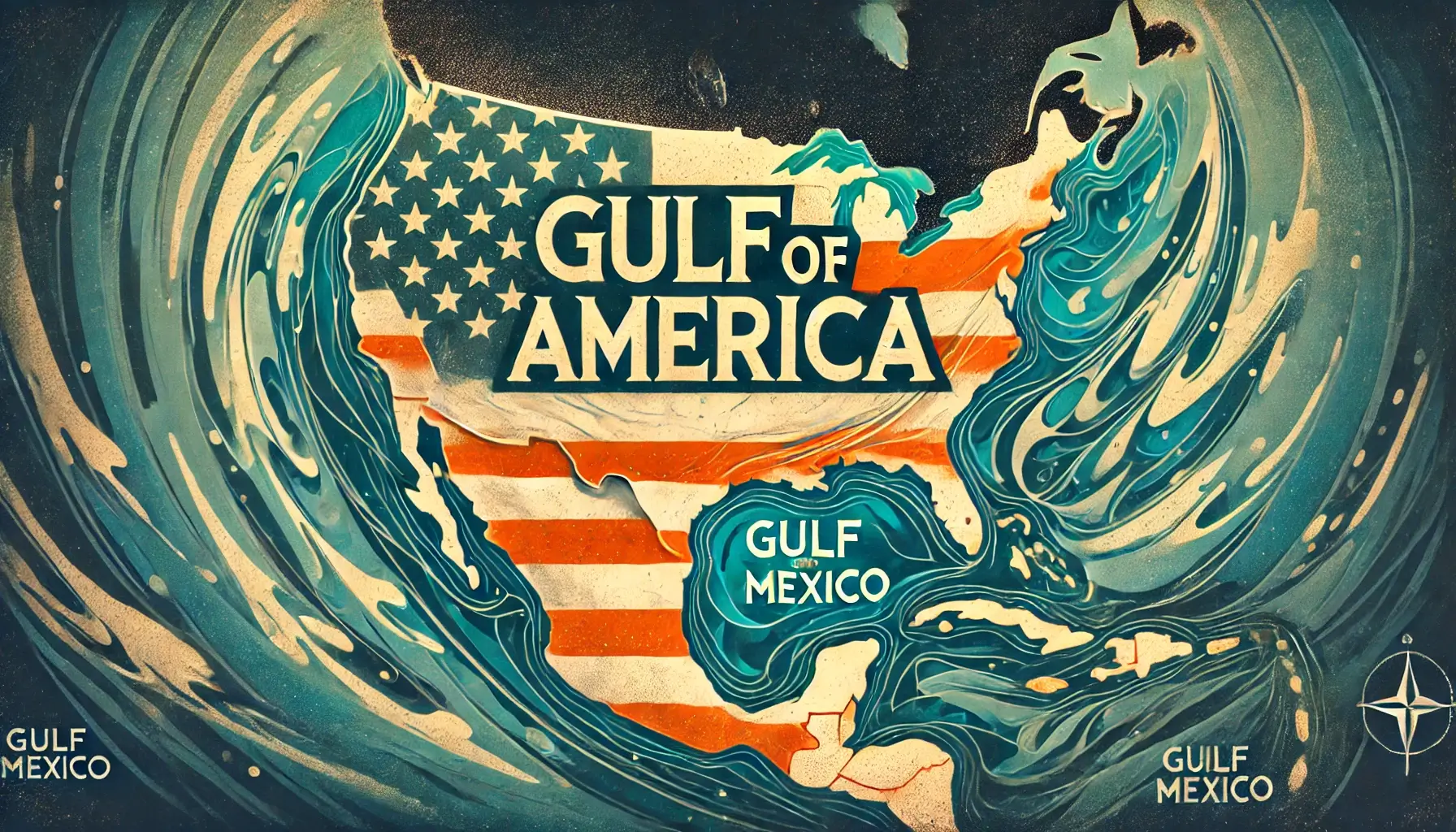Donald Trump has doubled down on his proposal to rename the Gulf of Mexico, unveiling a broader agenda to redefine U.S. energy policy and territorial influence. During a press conference, Trump labeled the initiative as a step toward reclaiming America’s leadership in the Western Hemisphere.
According to The Washington Post, Trump argued that the Gulf of Mexico’s current name fails to reflect the United States’ historical and economic dominance in the region. The proposed name change is paired with plans to expand offshore drilling and revoke environmental protections established under previous administrations.
Energy Independence and Economic Growth
Trump’s energy policy overhaul includes lifting bans on offshore oil and gas exploration in the Gulf. As reported by CNN, he emphasized that increased drilling would boost job creation and strengthen the U.S. economy. However, environmental groups and coastal communities have expressed concerns about potential ecological damage and the risks associated with oil spills.
Global Reactions
Mexico and other Gulf-bordering nations have voiced opposition to the renaming, with Mexican officials reiterating the Gulf’s shared heritage. Political analysts warn that the proposal could lead to heightened tensions, particularly as Trump also hinted at renegotiating trade agreements with Gulf-bordering countries.
Polarized Public Response
The proposal has divided public opinion. Supporters view the renaming as a patriotic gesture, while detractors argue that it distracts from more pressing issues. On social media, debates have surged, with many users questioning the cost and practicality of implementing such a change.
As Trump prepares to assume office, his ambitious agenda promises to reshape U.S. policies at home and abroad. Whether the renaming of the Gulf will materialize remains uncertain, but it has already become a focal point in the broader narrative of Trump’s presidency.

